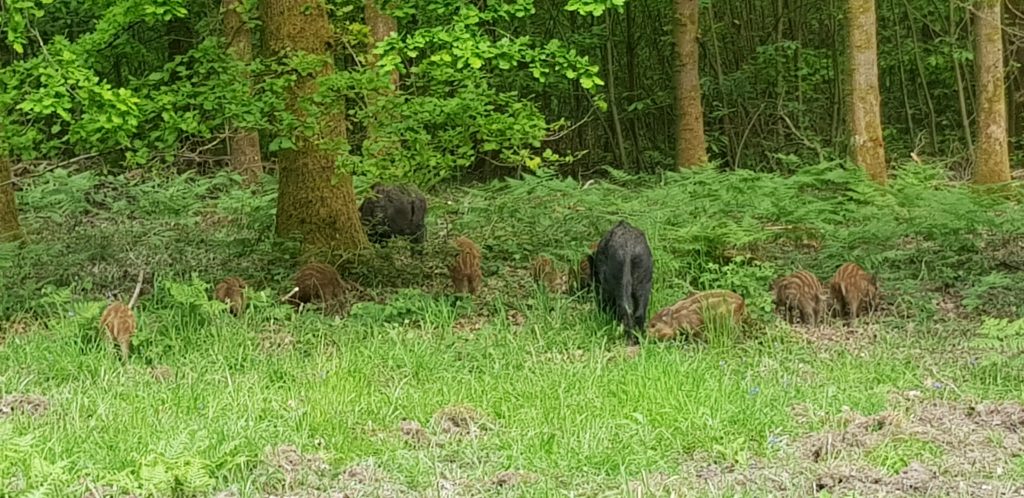As with virtually all river dolphin species, the Indus river dolphin was seriously endangered, with the total population dropping to just 150 individuals in 1974. It has bounced back to 2000 in the current time.
However, scientists have engaged fishermen as citizen scientists. Spending so much of their life on the river, they encounter the dolphins far more regularly, and as such are able to record where they encounter them. The relationship is bittersweet to be sure, as fishermen and river dolphins are competing for the same resource. Should the river dolphin continue to recover, will there be enough fish left for the fishermen?
Conservationists have been paying the fishermen to take them back to the source of the sighting, thereby helping with the high cost of fuel. While they do compete, it is quite clear that should the dolphins be lost, it is likely that the fish population will suffer (as they have elsewhere). The biggest threat to both communities is the loss of the fish, as a result of lowering water quality. It and its closest relative, the Ganges river dolphin (found in India) split from other cetaceans 24-34million years ago, when they lived in a prehistoric sea.
What is sad, is that it was only recognized as a separate species in 2021, making it one of just 6 freshwater dolphin species.
It is harder to support this species, as both it looks relatively drab (unlike the pink Amazon dolphin) , and does not leap from the water, which does not help it to be as attractive to tourist visitors, never-the-less, there is still a thriving ecotourism industry around this species.
















